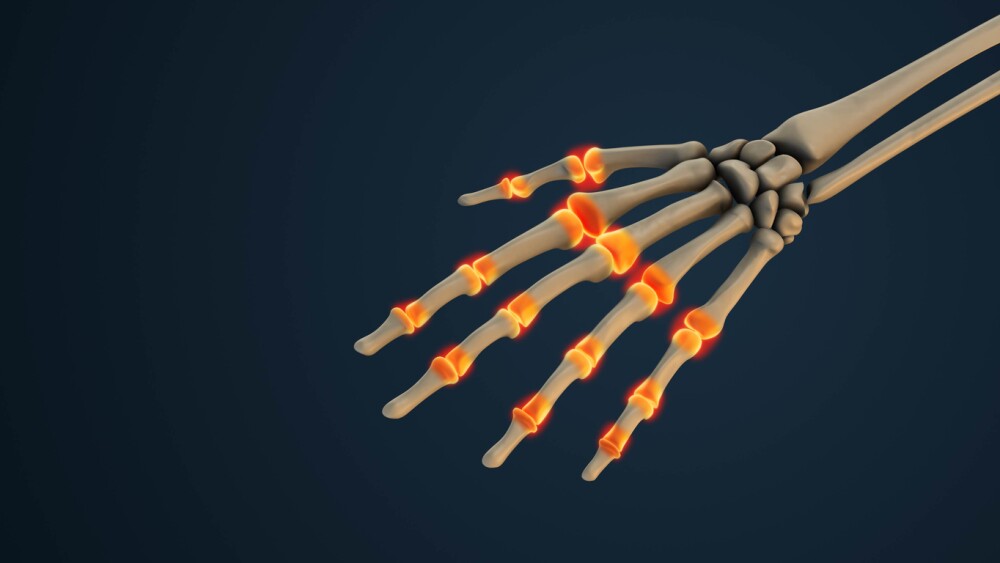Breakthrough Technology Powered by Advanced MRM-Mass Spec Protein Detection Provides Scientific Validation of Caprion's Proteomics Biomarker Discovery Technologies and Partnership-Driven Business Model
MONTREAL, Oct. 16, 2013 /PRNewswire/ - Caprion Proteomics announced today the results of a major study conducted by Indi (Integrated Diagnostics), an emerging leader in molecular diagnostics that has been actively collaborating with Caprion since 2008, which suggests that quantification of a combination of blood proteins can accurately distinguish between benign lung nodules and early-stage lung cancer. The study, which was published today in Science Translational Medicine (STM) and includes several Caprion scientists as co-authors, indicates that when the relative concentrations of this group of proteins (or 'classifier') is combined, the classifier result is correct more than 90 percent of the time in diagnosing benign lung nodules. This multiple protein classifier uses a highly sensitive analytic technique called multiple reaction monitoring mass spectroscopy (MRM-mass spec). The laboratory-based analytical method, combined with sophisticated bioinformatics and systems-biology approaches allowed the researchers to assess the diagnostic power of 371 potential lung cancer biomarkers in millions of different combinations before settling on the diagnostic classifier (set of biomarkers) that these data indicate is most effective.
"These studies suggest that Indi's technology is capable of detecting the molecular signature of lung cancer by measuring the presence of multiple proteins in a patient's blood," said Paul Kearney, Ph.D., President and Chief Science Officer, Indi and senior author of the STM paper. "We are very pleased that these data show we have achieved a 90 percent probability with this diagnostic classifier. Doing so required performing an unbiased search for biomarkers involved in early-stage lung cancer, considering all potential disease pathways. Using MRM-mass spec as the platform was essential because it makes it feasible to simultaneously measure hundreds of proteins at once. Conducting the broadest possible search for biomarkers allowed us to find the group with the greatest diagnostic value."
Caprion has been an early-day scientific collaborator and provider of proteomics services to Indi on this study. Caprion's involvement included the use of its CellCarta® proteomics technology for the initial discovery of candidate biomarkers using a tissue-based proteomics approach on purified plasma membranes and secretory vesicles isolated from human lung cancer tissue specimens. Subsequently, Caprion performed the initial development and deployment of the MRM assay used to detect the presence of 371 potential lung cancer biomarkers in the blood.
"We congratulate Indi on the results of the study which we believe represent a major scientific advance for the field of proteomics as wellas tangible evidence of the highly productive and collaborative partnership that Caprion has established with Indi over the past 5 years." said Martin LeBlanc, Caprion's President and Chief Executive Officer. "The findings of the study also provide solid scientific validation for Caprion's proteomics platform, expertise and services in the discovery and validation of biomarkers. These results pave the way for the future deployment of other innovative proprietary protein diagnostic tests for metabolic and infectious diseases that are being developed by Caprion using its CellCarta® proteomics technologies."
In addition to Indi and Caprion, the STM paper, which is titled "A Blood-Based Proteomic Classifier for the Molecular Characterization of Pulmonary Nodules", also included the participation and/or the provision of clinical specimens from investigators and collaborators at Institute for Systems Biology (ISB), the British Columbia Cancer Agency, ISB, the Institut Universitaire de Cardiologie et de Pneumologie de Quebec, the New York University Langone Medical Center and School of Medicine, the Perelman School of Medicine at the University of Pennsylvania, and the Vanderbilt University Medical Center.
About Caprion Proteomics
Caprion is the leading provider of proteomics biomarker and immune monitoring services to the pharmaceutical and biotechnology industry. Its proprietary proteomics technology, CellCarta®, is a gel-free, label-free mass spectrometry (MS) platform that enables a comprehensive, quantitative and robust comparative measurement of proteins across large sets of biological samples for the discovery and validation of protein biomarkers. Its proprietary immune monitoring platform, ImmuneCarta®, offers multiparametric flow cytometry analysis for functional analyses of innate and adaptive immune responses. Caprion also leverages CellCarta® to develop its own in-vitro diagnostic products targeting cancer, metabolic and infectious diseases. With research sites in Montreal, Canada and in Menlo Park, CA, Caprion has been providing large-scale proteomics and immune monitoring services to over 50 major pharmaceutical and biotech clients for more than 10 years. Caprion also serves as a biomarker center of excellence for the U.S. Government/NIH-NIAID for Biodefense research. Caprion acquired PPD Biomarker Discovery Sciences, LLC from PPD Inc. in 2010, and the assets of the National Immune Monitoring Laboratory in 2011. Caprion Proteomics, a privately-held company, is majority owned by Chicago Growth Partners. For more information, please visit www.caprion.com.
About Indi
Indi (Integrated Diagnostics) is creating powerful new tools to help physicians manage complex diseases with a non-invasive blood test. The company's first test measures multiple blood proteins linked to pulmonary nodules. The aim of the test is to help physicians identify patients whose nodules are likely to be benign, eliminating the risks they face from biopsies and surgeries. www.IndiDx.com
The company, co-founded in October 2009 by systems-biology pioneer Dr. Lee Hood, is conceptually based on a systems view of disease where pathophysiology arises from disease-perturbed networks of proteins, genes, and other molecules. Investors include InterWest Partners and The Wellcome Trust. Foundational intellectual property is exclusively licensed from the Institute for Systems Biology and Caltech. Learn more at www.indidx.com
SOURCE Caprion Proteomics
Help employers find you! Check out all the jobs and post your resume.




